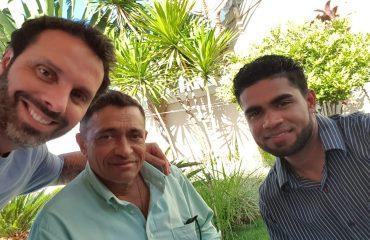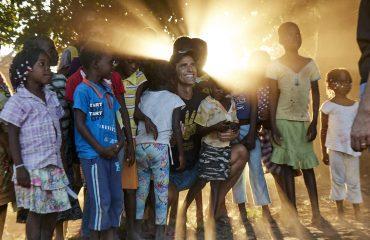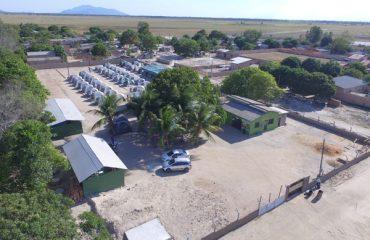THE HOPE OF MALAWI IS NOW YOU!
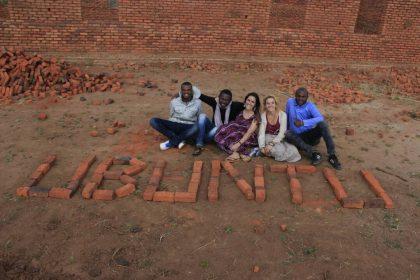
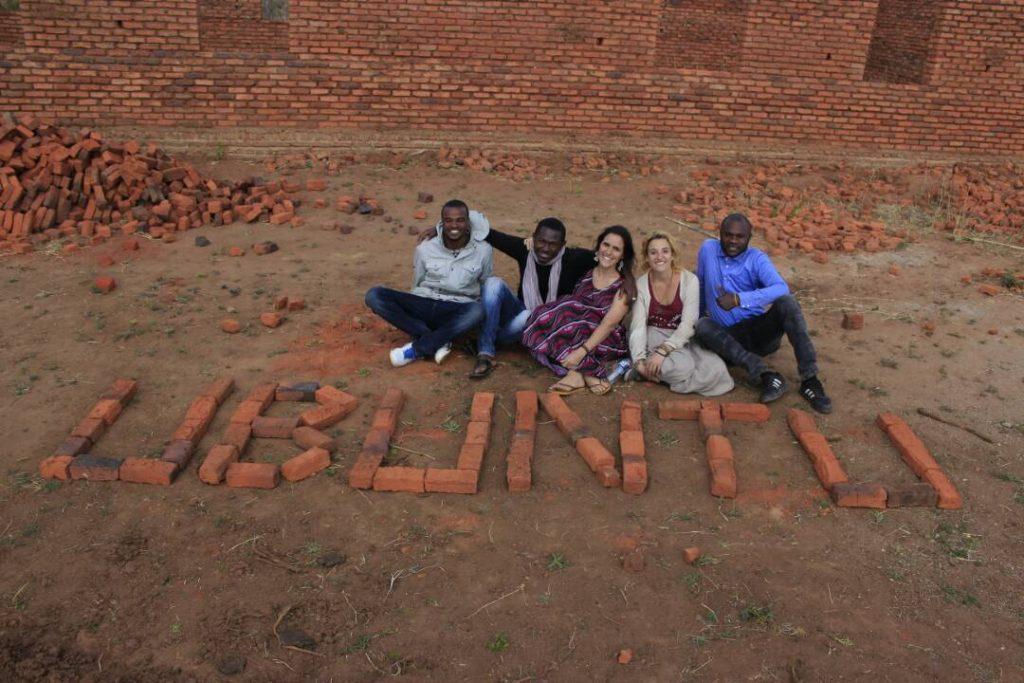
Clarissa Pereira da Paz walked a long path of knowledge to reach the refugee center in Malawi. The trajectory of connection and love could well become a movie, but for this to happen an important piece of the story was missing – you.
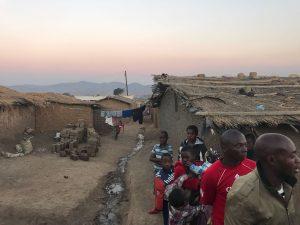 The setting is a camp built 24 years ago that started with 9,000 people and is now a mini city that houses 38,000 refugees coming mainly from Congo, Burundi, and Rwanda. A camp where refugees cannot leave or enter the city without government permission, where electricity is only available for 6 hours a day, where there is no water, and where they basically eat corn, beans, and soybeans. A camp full of people who, just like you and me, had homes, jobs, families, and a routine within their countries before wars destroyed everything they had and knew as home.
The setting is a camp built 24 years ago that started with 9,000 people and is now a mini city that houses 38,000 refugees coming mainly from Congo, Burundi, and Rwanda. A camp where refugees cannot leave or enter the city without government permission, where electricity is only available for 6 hours a day, where there is no water, and where they basically eat corn, beans, and soybeans. A camp full of people who, just like you and me, had homes, jobs, families, and a routine within their countries before wars destroyed everything they had and knew as home.
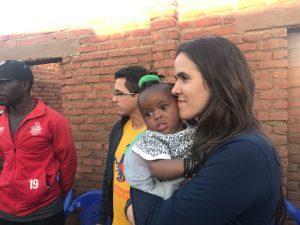
The central character is Clarissa, a Carioca who worked in a large company, earned a good salary, and had a very comfortable life. Volunteer work was always part of her routine and according to her, it was the only moment of genuine joy in her busy day-to-day life. “It was during this period that I started to think that I could link my work to a social cause and not just work for profit,” she says. So, she began to study post-graduate studies in Corporate Social Responsibility and Third Sector Organizations, in Rio de Janeiro. After four months, she resigned and the next day she already had a job in an NGO in the city.
It was during this period that Clarissa began to think about Africa and all the need that exists there. “I had never thought about it. I was already very engaged in other social work, but after thinking so much about Africa I started to look for social work there and found a specialization in the United States that offered six months of practical work in countries of extreme poverty,” she says. And it was there that her deepest connection with Malawi was born in Clarissa’s heart.
In the country she encountered poverty, trauma, and so much suffering that she could no longer close her eyes to this reality. “I remember that my adaptation was not easy. The first few months were hard to get used to. One day I walked around the villages all day, I got home very hungry, and the refugee center had no water, and the energy was only available for six hours a day without a fixed time,” says Clarissa, who continues, “then when I arrived, I saw that there was still light, I decided to cook. I prepared everything, and when I went to start cooking, the power went out. I remember I started to cry and even called my mom and made a drama,” she jokes. “And then someone knocked on my door and when I opened it, it was a refugee who had decided to come and share his story with me.”
Clarissa says that on that day, after hearing the account, full of horror and suffering, she cried because she felt so small before the magnitude of it all. She cried because she had cried before for a simple reason, while people who saw their family killed before her eyes continued to smile. “It’s hard to explain because it’s so much suffering, but at the same time it’s so much joy,” she says.
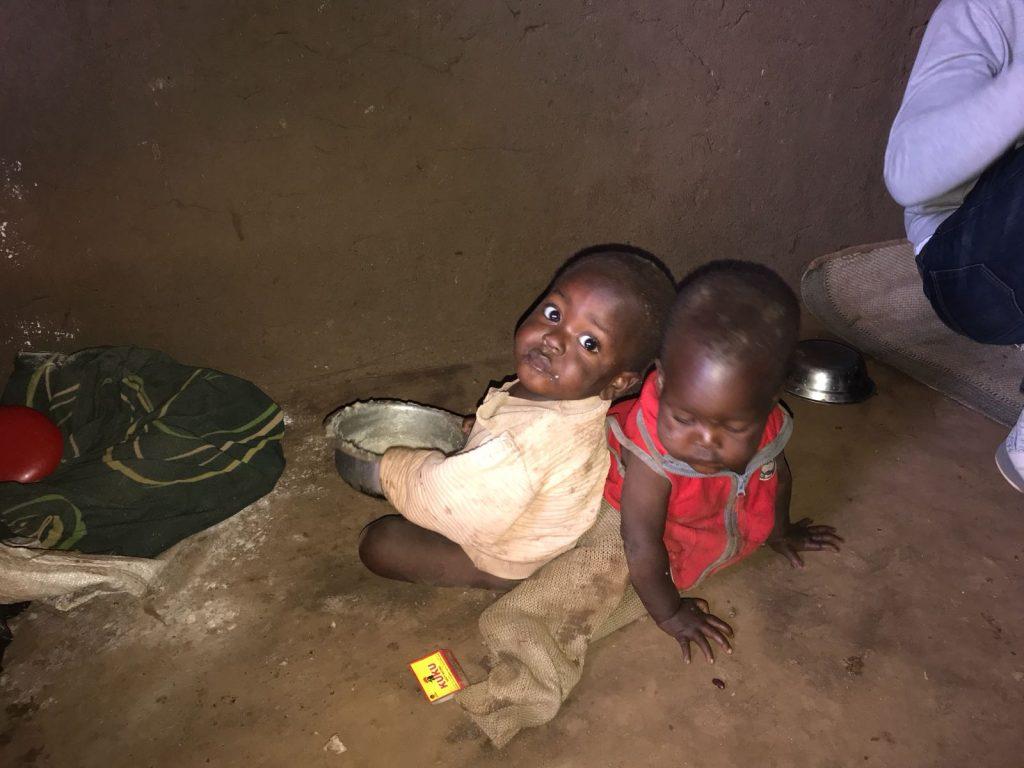
The food there consists of 13kg of corn chips, 1kg of beans, 1kg of soybeans, and 200ml of oil per month. “Sometimes they get soap for bathing,” says Clarissa.
According to her, some people manage to receive some money from the family that stayed in the country of origin, others who managed to leave with some money open, inside the refugee camp, small businesses to survive a little better, and so the days go by.
“They are very united, sometimes they share food with their neighbors, without thinking about what they will eat tomorrow, they just do it in the hope that tomorrow God will provide,” he comments.
The Fraternity without Borders in Malawi
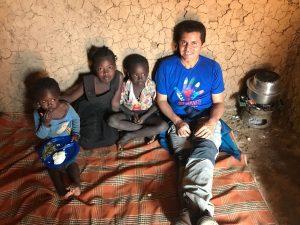
Fraternity Without Borders arrives in this scenario counting on your help to change these people’s lives. “We are going to build a welcoming center that we will call Ubuntu Nation next to the refugee camp. The idea is to build classrooms because we will offer workshops in sewing, carpentry, arts, music, and other subjects that will add more to them like computing and so on,” says Clarissa.
Building an artesian well is also in the initial plans, since it only rains there in December, January, and February. “We want to make vegetable gardens to produce food for our center and for the refugees but going forward we also want to build a bakery for them.”
A health caravan is already planned for December of this year with actions scheduled inside the refugee camp. “The UNHCR will give us access to the place to perform these services. It will be a support for this initiative inside the camp, which is normally a very bureaucratic place to work”, said Clarissa.
Still according to her, other social actions are in the plans for the location, such as renovation and construction of houses, improvement of the food supply, and many other initiatives.
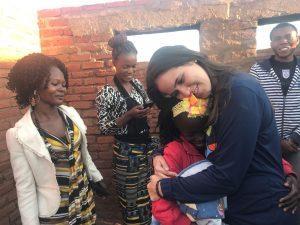
UBUNTU NATION is a project that was born in Clarissa’s heart and has spread to all of us. There is still hope for these people and you are the light in the darkness to give this film an ending filled with love and rebirth. Sponsor this project and let your heart connect with this cause that needs each one of us.


